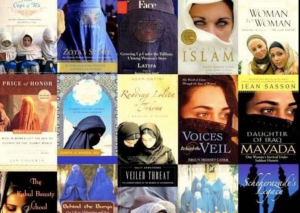There’s an unsung hero in the Muktaran Mai case, and it’s not the usual suspect. Saleem H. Ali writes in The Daily Times ("A Maulvi that mattered") about how Mai’s village religious leader Maulvi Abdul Razzaq courageously spoke out from the pulpit at Friday prayers against the heinouse crime committed against her, supported her personally, and even urged her to seek justice when she was waivering.
At a time when this woman was suicidal (the article notes that she tried to kill herself by consuming pesticides) from the shame and trauma of this outrage, this noble man spoke out and did what any moral person (much less religious leader) should when witnessing great injustice. He didn’t let all these specious rationalizations about culture, ideology, tradition, and so on that one sometimes hears among Muslims at the sight of injustice against women paralyze him and cause him to forget his priorities.
The author of this article points out how Pakistan’s intellectual elite has ignored this man’s inspiring example, losing out on a chance to promote a responsible Muslim leader. I’d add that they’ve also lost an opportunity to show that their values, their cause of empowering women, are not necessarily inimical to traditional values. By sidelining an inspiring leader like Abdul Razzaq, they ensure their continued irrelevance to the Pakistani masses.
Here’s a helpful list of articles on the case. The author points out something I hadn’t thought of, the intriguing simliarities between this case and that of "Bandit Queen" Phoolan Devi.










